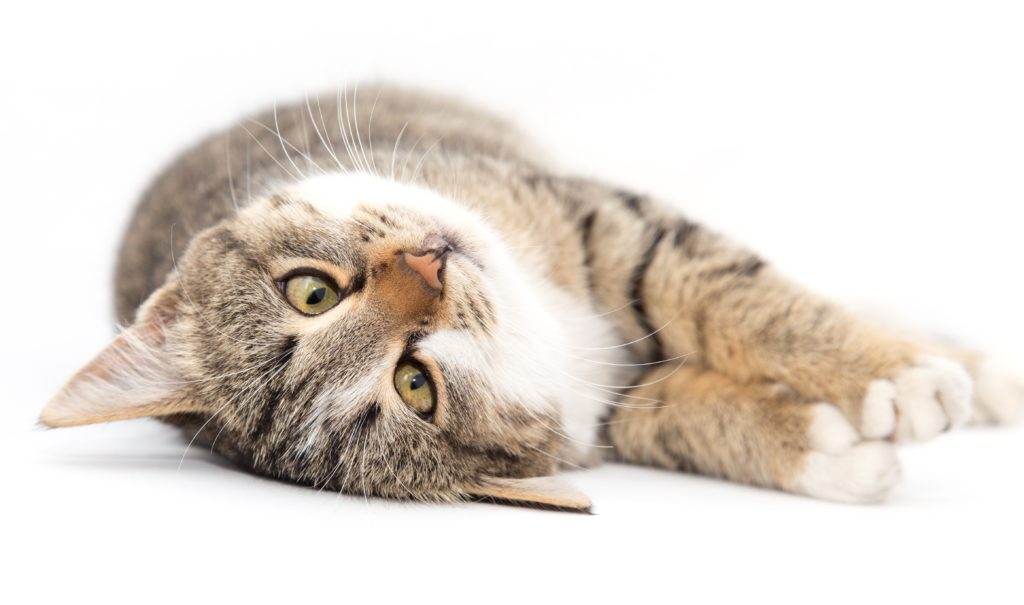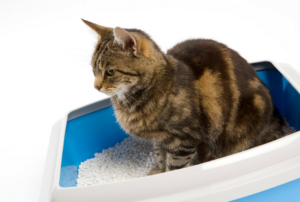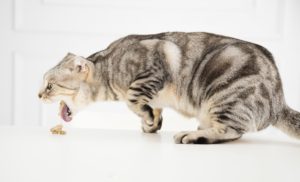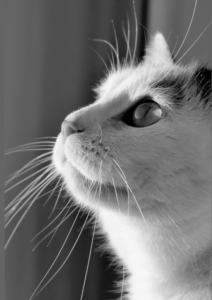Top 5 Reasons Your Cat Needs to See a Vet

Cats often hate going to the vet, causing many owners to avoid the ordeal at all costs. However, it’s important not to skip these visits, because cats are particularly good at hiding symptoms of disease. There are things owners can do at home with some simple veterinary guidance. Here are the top 5 reasons your cat needs to see a vet.
 1. Wellness Visits
1. Wellness Visits
Annual or bi-annual Wellness visits both help prevent disease and help identify disease early, allowing for faster, better treatment plans. Good preventative care, such as vaccinations and flea protection is not only good for your cat, but will also save you money in the long run by avoiding expensive emergencies. Even exclusively indoor cats are still legally required to be vaccinated for Rabies, and other vaccines may be beneficial if your cat has exposure to other animals through boarding, grooming, adopting new pets, open windows, etc.
Thorough physical exams, routine blood tests, and intestinal parasite screenings allow vets to detect many diseases before your cat shows symptoms, and to recommend increased monitoring protocols or measures to slow the progression of the disease.
 2. Not using the litterbox
2. Not using the litterbox
This is an extremely common problem with cats and typically results from a combination of medical and behavioral factors. Pet owners are often very frustrated by the time they see us, having already tried various home remedies, cleaning products, and environmental changes. Don’t wait until it has become an established pattern. Call your vet right away before your cat has a chance to acquire any long-lasting habits.
 3. Vomiting/diarrhea/GI signs
3. Vomiting/diarrhea/GI signs
Many people dismiss regular vomiting in cats as hairballs or other relatively benign phenomena. While this may occasionally be true, it is often a sign that something is wrong. If your cat vomits more than 2-3 times per month there is likely an underlying problem. Although cats are notoriously picky eaters, any change in appetite or unintended weight loss is also a cause for concern, and warrants a call to your vet.
 4. Dental disease
4. Dental disease
Cats rarely tolerate toothbrushing, or even oral exams by their owners. Many cats also eat soft food, making them especially prone to tartar accumulation. This in turn, can result in infections, loose teeth, bad breath and mouth pain. Even cats with minimal tartar can have significant dental issues that may need to be addressed.
 5. Respiratory symptoms
5. Respiratory symptoms
Cats of all ages often come to the vet for breathing issues. Many cats have a persistent herpes virus, or seasonal allergies that can cause recurrent sneezing and congested breathing. While these upper respiratory conditions can be frustrating, your vet can help ensure that your cat is comfortable and may implement treatment plans to speed up their recovery. Cats are also prone to several more serious diseases of the lower airways, such as asthma and heart disease. Notify your vet if you witness any type of abnormal breathing- coughing, wheezing, sneezing, nasal discharge, etc.
Please remember that these are the most common, but not the only reasons to bring your cat to the vet. Many cats also suffer from chronic conditions such as degenerative kidney disease, hyperthyroidism, diabetes, dermatologic disease, and joint problems that may require more intense therapies and frequent follow-ups. When in doubt, don’t hesitate to give us a call at (513) 232-4550.

